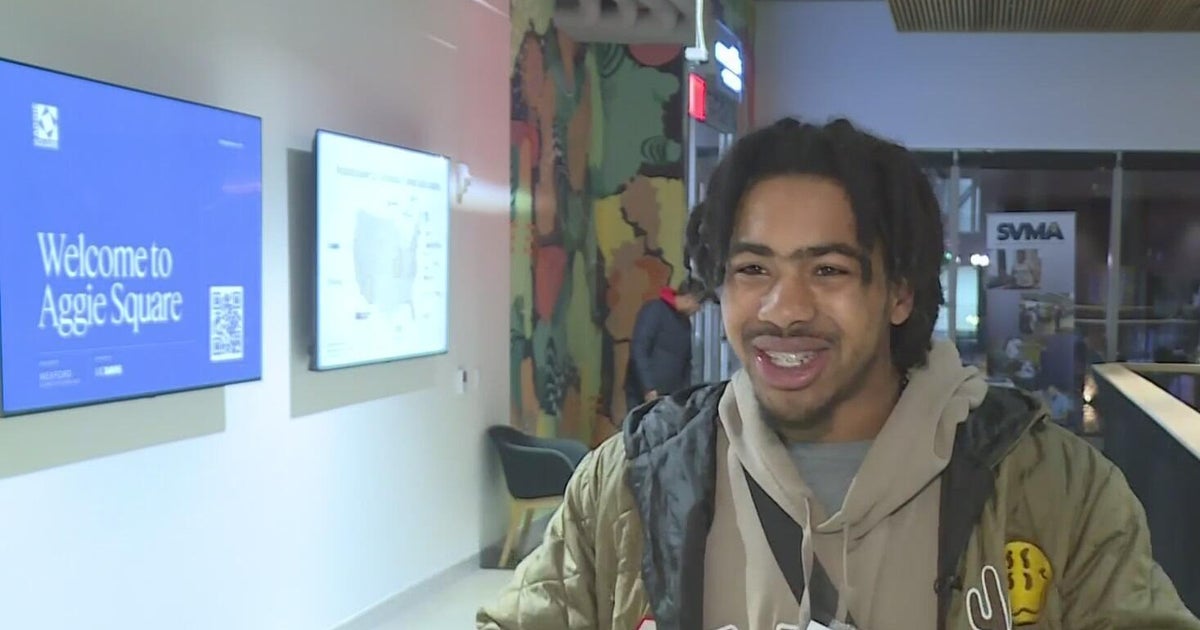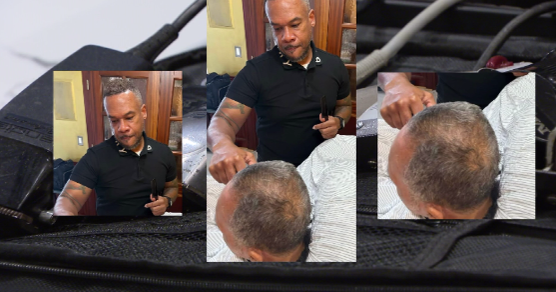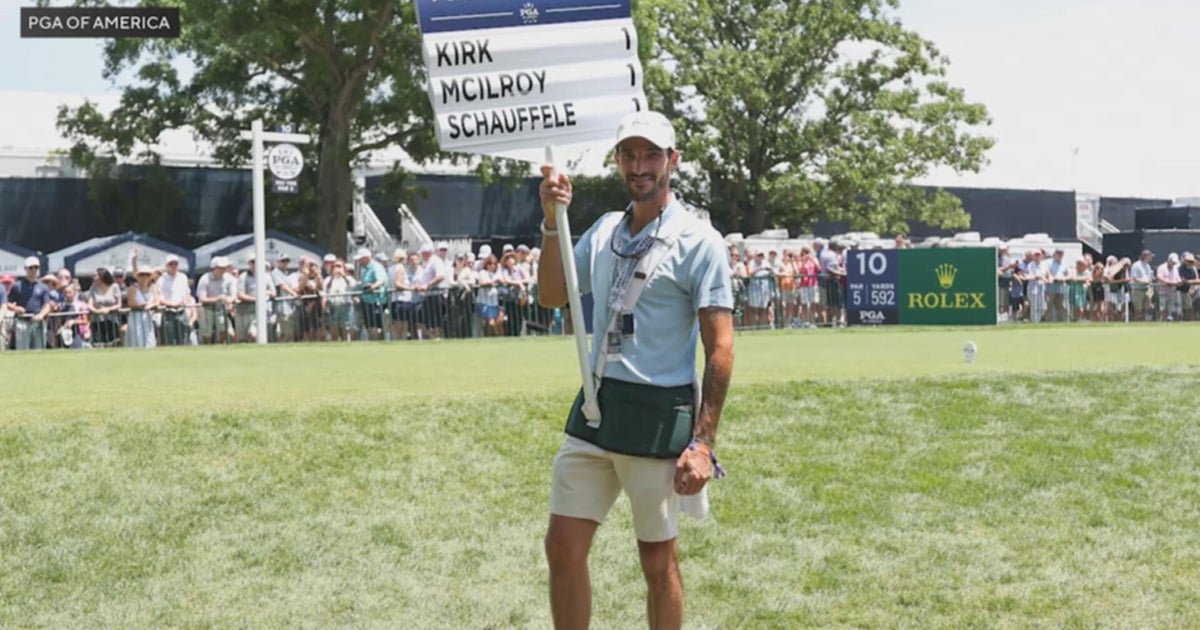A Possible Cure For Peanut Allergies Beginning In Pittsburgh
PITTSBURGH (KDKA)- Living with a peanut allergy isn't easy, and there isn't much that can be done for it. However, local doctors and patients now are working on something that could be the first real cure for peanut allergies.
Jacob Halasowski has been allergic to peanuts for as long as he can remember.
Jacob says, "One of my older sisters had peanut butter ice cream and that side of my face, she was sitting right next to me, it started to swell up. I was very young and the doctor said, 'Well, we'll test you, but we're pretty sure you have an allergy.'"
So, there was a "no peanuts" rule in his household while he was growing up; He sat at the "no peanut table" at school and he always carries an EpiPen.
Dr. Deborah Gentile, an allergist at Allegheny General Hospital, says only 20-percent of children who have a peanut allergy outgrow it.
"The mainstay of treatment right now is strict avoidance. Stay away from potential triggers and always carry an auto-injectable epinephrine pen in case you're exposed, so you can treat the anaphylaxis."
There are no peanut allergy shots to desensitize someone, as there are for other types of allergies such as for tree pollen and dust mites.
So when Jacob was notified about a study to test a possible cure for peanut allergies, he went for it. It didn't involve shots or tablets, but rather a patch.
It exposes you to the peanut allergen continually through your skin.
Dr. Todd Green, an allergist at UPMC Children's Hospital says, "They wear the patch for a year. We bring them back at the end of the year and see can they eat more than they could eat at the beginning."
In fact, the first order of business is a double-blind, placebo-controlled food challenge. Patients are given a pudding containing peanuts or a placebo.
If they react to the peanut pudding and not the placebo, they can be in the study. Both patients and doctors agree the initial food challenge is the hardest part of the study.
Patients tend to tolerate the patch much better.
Some may have a little redness and itching at first, but it eventually subsides. The patch is in its third year of study with encouraging results.
The next phase is starting soon for children ages 6-to-11.
If all goes well, it'll be on the fast track to approval from the Food and Drug Administration.
Dr. Green says, "This is likely not a therapy that will allow kids to go eat a peanut butter sandwich, but will give them more of a buffer so they have some protection if they get an accidental exposure."
Join The Conversation On The KDKA Facebook Page
Stay Up To Date, Follow KDKA On Twitter







